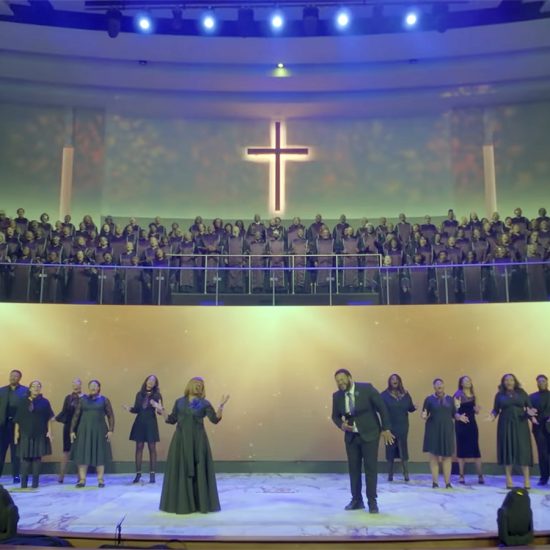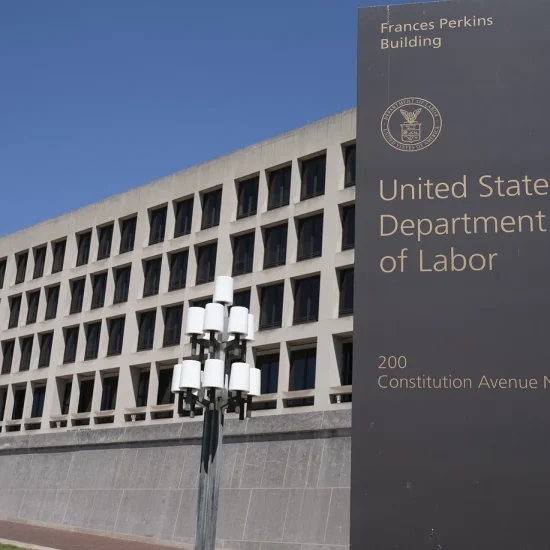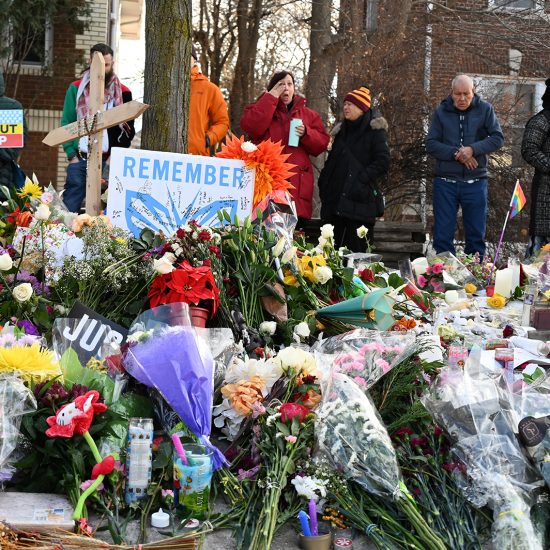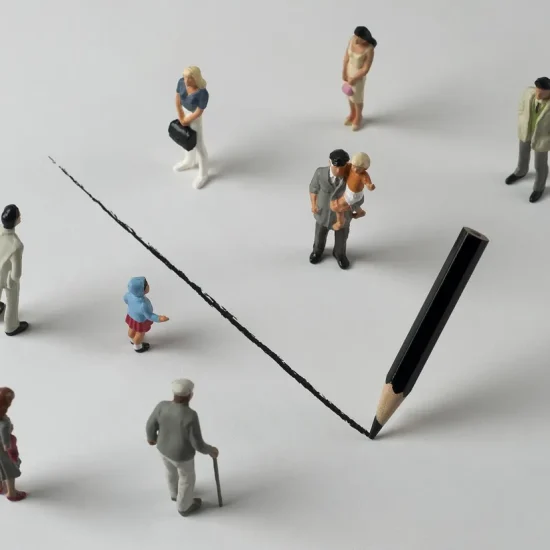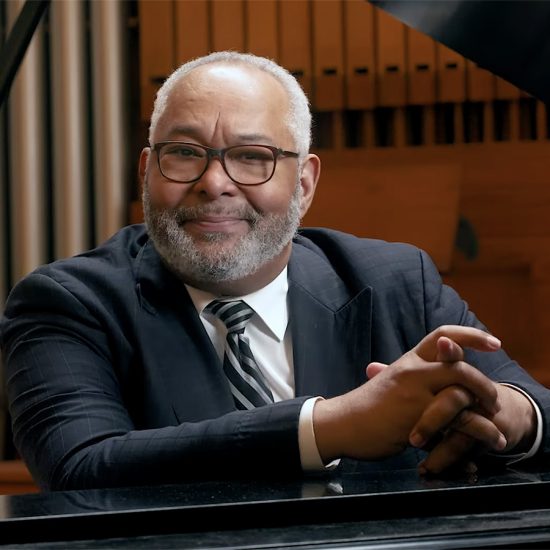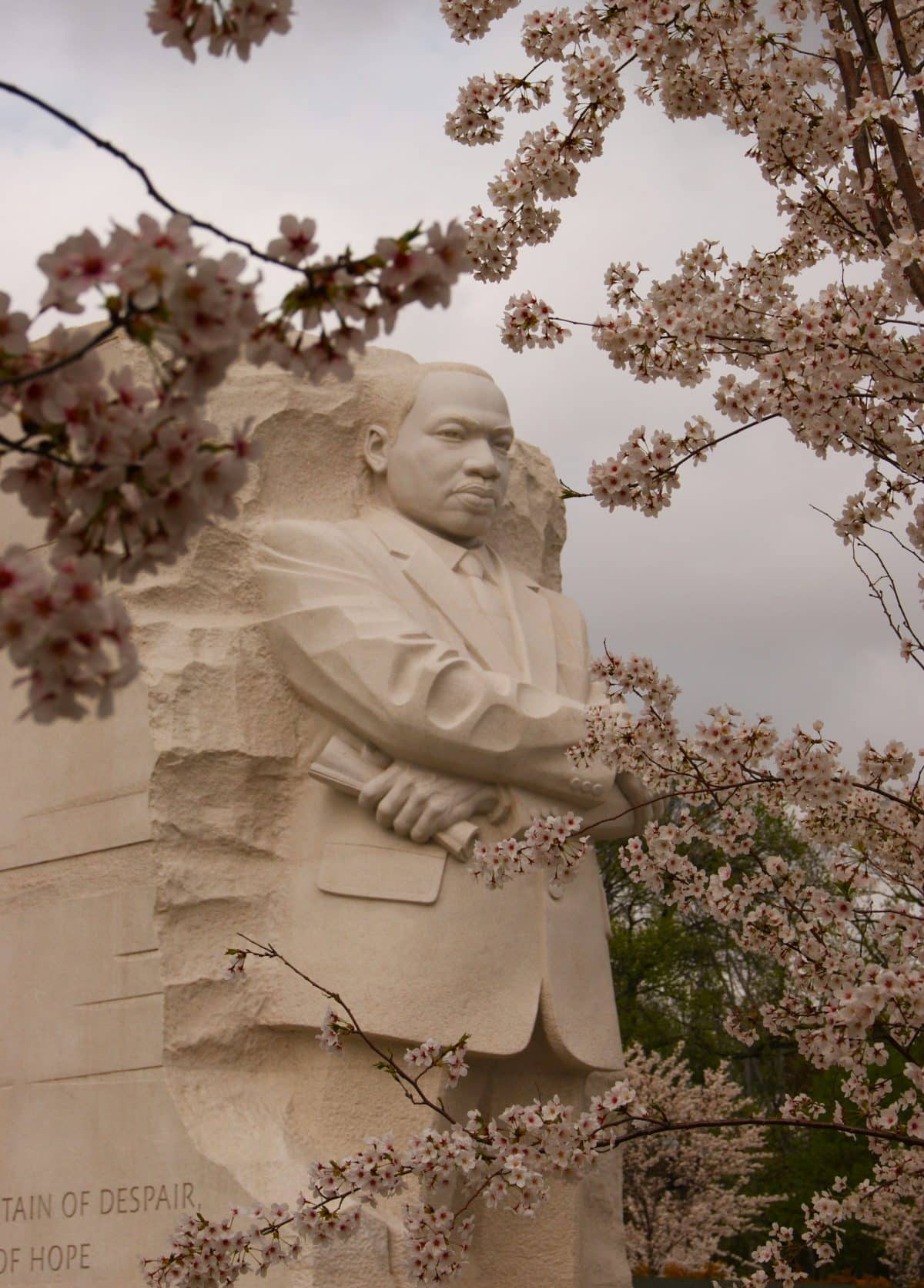
I remember my first of multiple visits to the Martin Luther King Jr. Memorial in Washington, D.C., in 2012 a few months after it opened. It’s a beautiful monument that focuses on the words of that Baptist preacher. And it’s particularly gorgeous when the colors of the setting sun hit it or, even more so, when the cherry blossoms around it shine in the Spring.

Brian Kaylor
But as I walked around the memorial, a biblical passage came to mind — a passage I’ve been thinking about again since the deaths Friday (July 17) of two other civil rights giants, C.T. Vivian and John Lewis.
“Woe to you, because you build tombs for the prophets, and it was your ancestors who killed them,” Jesus declares in Luke 11. “So, you testify that you approve of what your ancestors did; they killed the prophets, and you build their tombs.”
It’s a harsh critique as Jesus blasts the religious leaders of his day. But it’s a message that remains true as we consider the treatment of Baptist ministers King, Vivian, and Lewis.
In 1968 before King’s assassination, polling showed nearly 75% of Americans disapproved of him. One man may have pulled the trigger, but most of the nation had rejected this cornerstone of progress in our country. But now on MLK Day each January, we’ll see social media praise of King by the FBI (which literally spied on him), the NRA and military (despite King’s pacifism), and even racist politicians (like Rep. Steve King in Iowa) who would’ve surely opposed King had they been in office at the time.
We build tombs for the prophets our ancestors killed.
Similar remembrances occurred after the deaths of Vivian and especially Lewis. Although our ancestors didn’t manage to kill Vivian and Lewis decades ago, they certainly tried and killed several co-laborers. As Lewis had in the early years of his activism, he campaigned in recent years for voting rights legislation. Yet, many politicians this past week offered their praise for Lewis despite the fact they have opposed his efforts to safeguard democracy and even enacted efforts to make it harder for people to vote.
We build tombs for the prophets our ancestors killed.
But like the critique Jesus offered, these memorials today to King, Lewis, and Vivian don’t represent repentance but hypocrisy. We’ve watered down the message of these giants to be one of racial friendship, rather than addressing their blistering societal critiques of, as King put it, “the evil of racism, the evil of poverty, and the evil of war.” And we whitewash our own history to say nice things about these prophets while continuing to promote the very evils they gave their lives to undo.
Looking at the politicians put in office with the support of white evangelical Christians, it seems we’re building tombs for the prophets our ancestors killed. How else can we explain backing people who spout racist rhetoric and push policies that target our neighbors with different skin color?
And since that’s occurring, it suggests our pulpits and pews haven’t advanced far enough to move from building tombs for the prophets our ancestors killed. White evangelicals are literally the least likely to recognize the discrimination faced by Black people today. That mindset leads us to oppose important polices to bring about justice and equality — just as most white evangelicals opposed King, Lewis, and Vivian as they marched, preached, and bled.
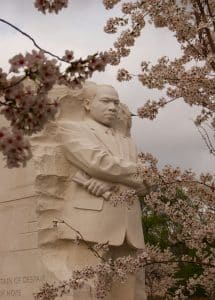
(Brian Kaylor/Word&Way)
We build tombs for the prophets our ancestors killed.
The religious leaders in Jesus’s time held power and felt Jesus challenged it. So, they read the scriptures from that position. Jesus came from the margins of society and read the scriptures differently.
The same occurred with King, Lewis, and Vivian as they learned the Bible in Black Baptist churches since White ones wouldn’t welcome them and as they studied at Black Baptist colleges since White ones wouldn’t admit them. They read the Bible from the margins. White evangelicals who opposed them stood in the cultural center and read the Bible from positions of power.
Real prophets don’t sit on the throne. They don’t speak from positions of societal power. They live and preach from the margins. And that’s why we kill them. Because they challenge our power.
If we really want to honor Vivian, Lewis, and King, we must walk away from power. The beloved community isn’t found in the Oval Office or the nearby whitewashed monuments. The kingdom of God is found in people like those bleeding on a bridge outside Selma 55 years ago.


